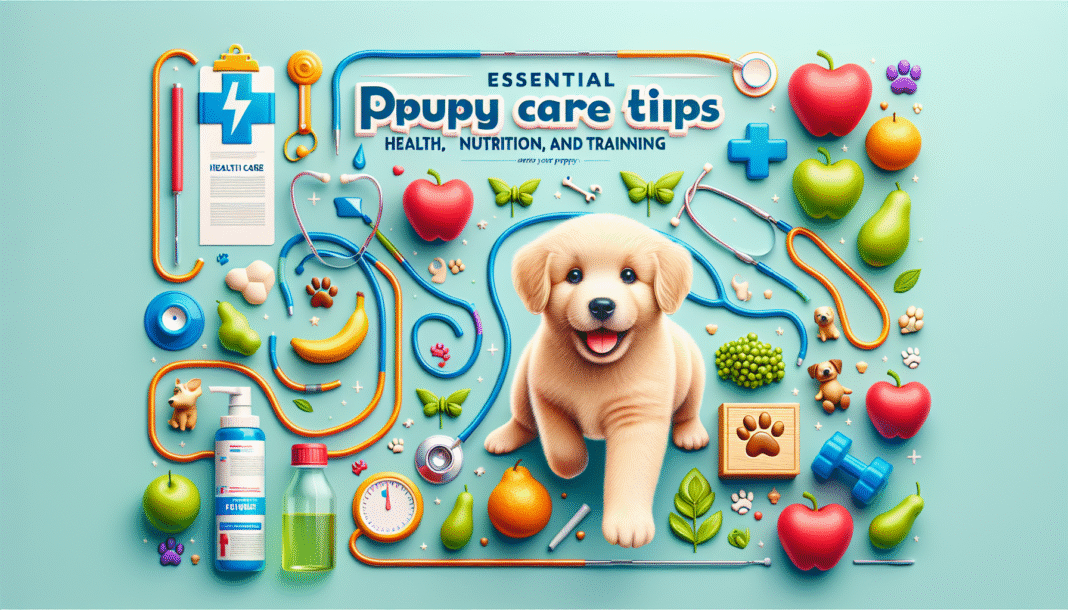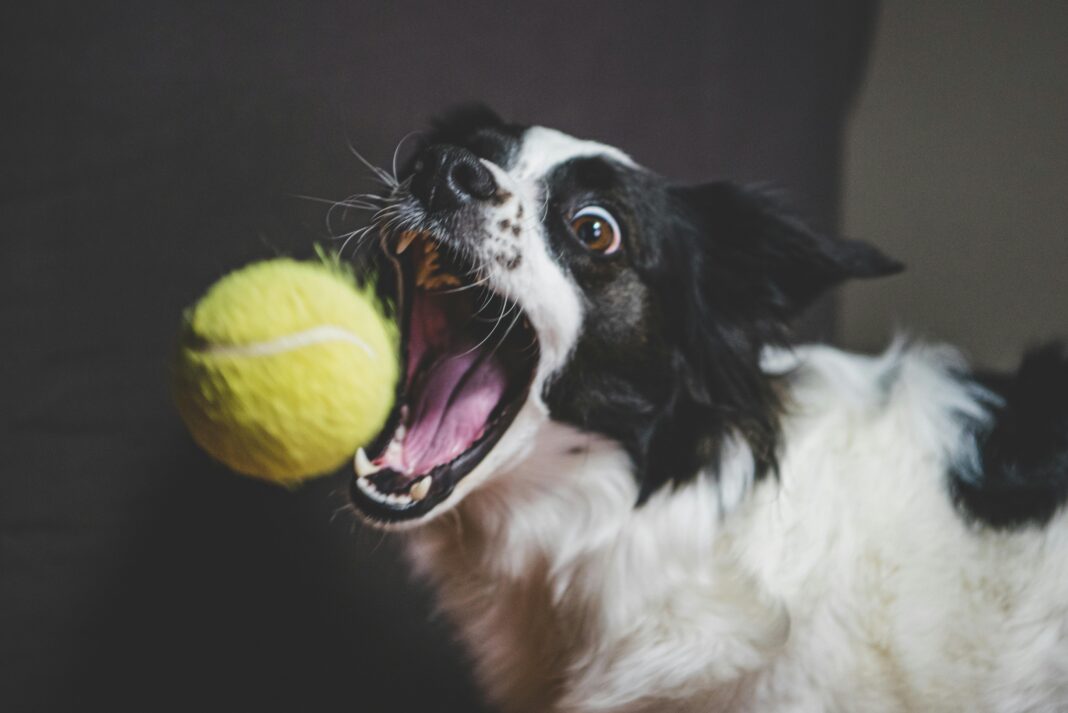Welcoming a puppy into your home is both exciting and rewarding. As a new puppy parent, understanding the essentials of health, nutrition, and training can make a monumental difference in your furry friend’s life. Here’s a comprehensive guide to ensure your puppy grows into a happy, healthy adult dog.
Health
Regular Veterinary Check-Ups
One of the foundations of a healthy puppy is regular veterinary visits. Puppies should see the vet shortly after arriving home—this helps establish a baseline of health and allows for necessary vaccinations.
- Vaccination Schedule: Puppies typically require a series of vaccinations between 6 and 16 weeks. Core vaccines include rabies, distemper, parvovirus, and adenovirus. Always discuss with your vet about the vaccination plan specific to your puppy’s breed and lifestyle.
Parasite Prevention
Puppies are susceptible to fleas, ticks, and worms, which can cause severe health issues if not treated. Here’s how to keep your pup parasite-free:
- Flea and Tick Prevention: Start preventive treatments early, especially during peak seasons. Consult your vet on appropriate products based on your puppy’s age and size.
- Worming: Puppies are often born with worms. A deworming schedule can ensure a clean slate, usually starting at 2 weeks of age. Your vet can recommend specific dewormers.
Common Health Issues
Understanding potential health issues can help in early detection and treatment.
- Hip Dysplasia: This genetic condition affects large breeds. Look for signs like difficulty standing, decreased activity, or limping. Regular vet check-ups can help spot joint problems early.
- Canine Parvovirus: This highly contagious virus predominantly affects unvaccinated puppies. Symptoms include severe vomiting, lethargy, and diarrhea. Immediate veterinary attention is crucial.
Nutrition
Choosing the Right Diet
Proper nutrition is vital for your puppy’s growth and development. Here’s what you need to know:
- High-Quality Puppy Food: Select a balanced diet formulated specifically for puppies. Look for brands that list meat as the first ingredient and have essential nutrients like DHA for brain development.
- Feeding Schedule: Puppies typically need 3-4 meals a day until they are around six months old, after which you can transition to two meals. Consistency helps with digestion and sets a routine.
Treats and Supplements
Treats can be used for training and rewarding good behavior, but moderation is key.
- Healthy Treat Options: Opt for low-calorie, high-quality treats. Avoid human food high in sugar or fat, which can lead to obesity or digestive issues.
- Supplements: Consult your vet if your puppy has specific dietary needs. Omega-3 fatty acids can help with coat health, while glucosamine may be beneficial for joint support.
Hydration
Don’t overlook the importance of fresh water! Ensure your puppy has constant access to clean water, especially after meals and playtime.
Training
Basic Commands
Training your puppy is essential for building a strong bond and ensuring good behavior. Start with basic commands:
-
Sit, Stay, and Come: These commands lay the foundation for good behavior. Use positive reinforcement – treats and praise – to encourage learning.
Example: To teach “Sit,” hold a treat above your puppy’s head. Move it back slowly; as their nose goes up, their behind will naturally lower. Once they sit, say “Sit” and give them the treat.
Socialization
Exposing your puppy to different environments, people, and other pets is crucial for their social development.
- Puppy Classes: Consider enrolling your puppy in a socialization class. This is an excellent way for them to interact with other puppies safely while learning commands.
- Controlled Exposure: Take your puppy on walks to various places—parks, pet stores, and around the neighborhood. Ensure these experiences are positive by offering treats and praise.
Dealing with Behavioral Issues
Puppies are curious and energetic, which can lead to some behavioral challenges. Here’s how to manage common issues:
- Chewing: Provide plenty of chew toys to prevent destructive chewing. Discourage chewing on furniture by using bitter-tasting sprays.
- Barking: If your puppy barks excessively, identify the cause—is it boredom, fear, or a call for attention? Reward quiet behavior and work on command training.
Positive Reinforcement Training
Using positive reinforcement fosters a trusting relationship with your puppy. Here’s how to implement it effectively:
- Rewards: Consistently reward good behaviors with treats and praise. Avoid harsh punishments, as they can lead to fear and anxiety.
- Short Sessions: Puppies have short attention spans. Keep training sessions brief (about 5-10 minutes), but frequent throughout the day.
Grooming
Bathing and Brushing
Regular grooming keeps your puppy looking and feeling good.
- Bathing: Puppies should typically be bathed every 4-6 weeks. Use a gentle, puppy-specific shampoo and ensure you rinse thoroughly.
- Brushing: Depending on your puppy’s coat type, brushing may range from daily to weekly. This not only helps reduce shedding but also allows you to check for parasites.
Nail Trimming
Keeping your puppy’s nails trimmed is essential to prevent injury and discomfort.
- Tools and Techniques: Invest in dog nail clippers designed for puppies. Trim just the tip of the nail, avoiding the quick (the pink part inside). If unsure, ask your vet or groomer for a demonstration.
Dental Care
Establishing a dental care routine early on can prevent dental disease later.
- Brushing: Start brushing your puppy’s teeth as soon as possible using toothpaste formulated for dogs. Aim for a few times a week.
- Dental Chews: Incorporate dental chews into their routine, which can help reduce plaque buildup.
Conclusion
Bringing a puppy into your life requires commitment and knowledge about their care essentials. By focusing on their health, nutrition, and training, you can cultivate a wonderful relationship that leads to a long, happy life together. Remember, every puppy is unique, and what works for one may not work for another. Stay patient, eager to learn, and above all, enjoy each precious moment with your new furry family member!





